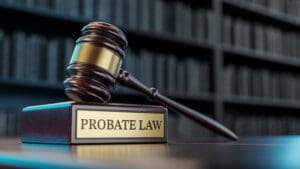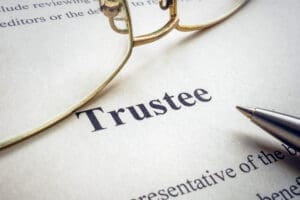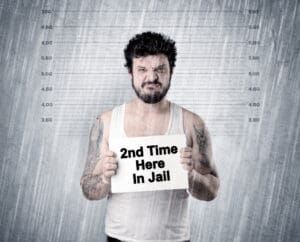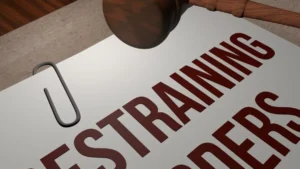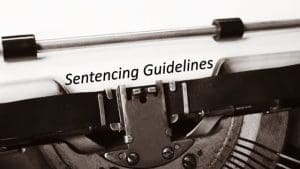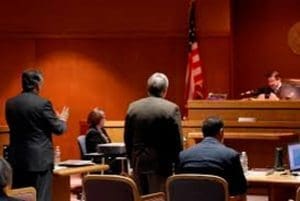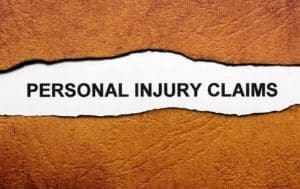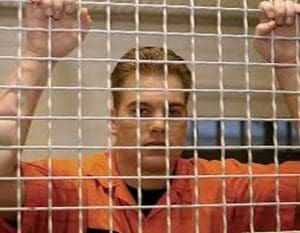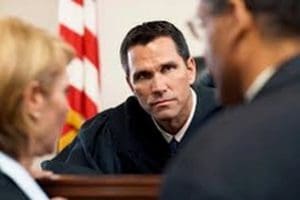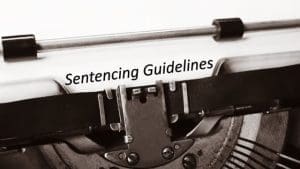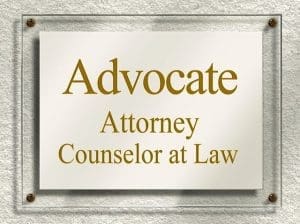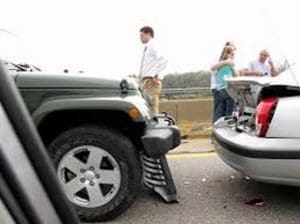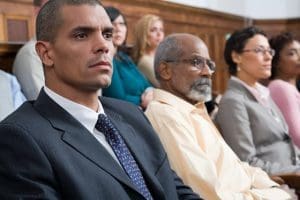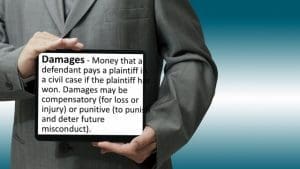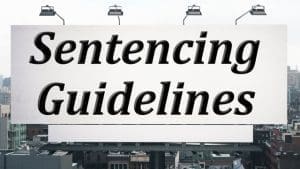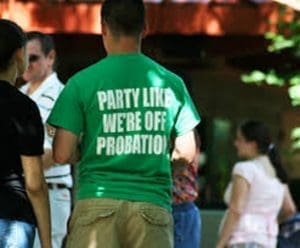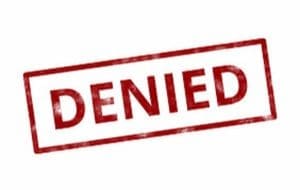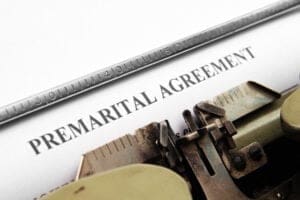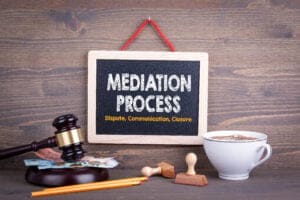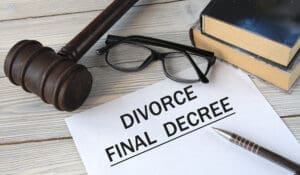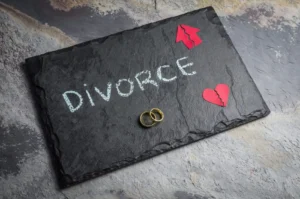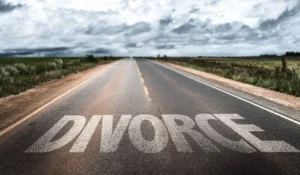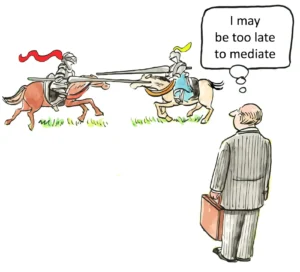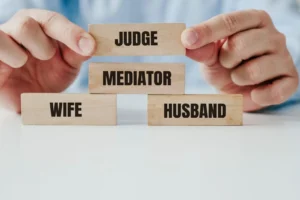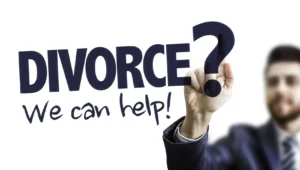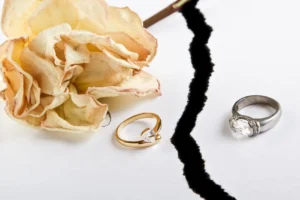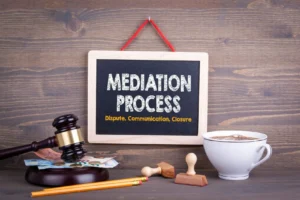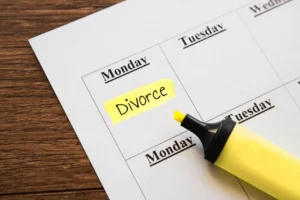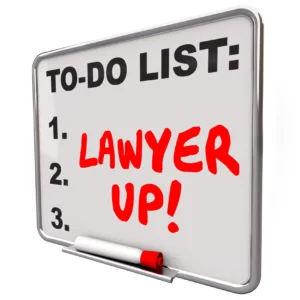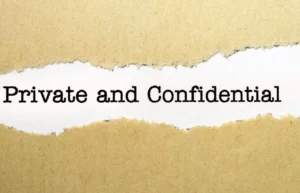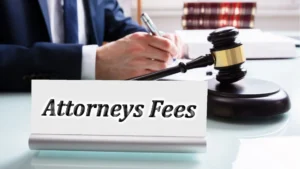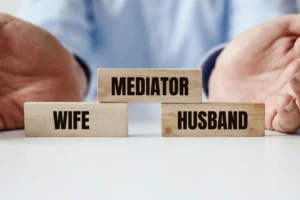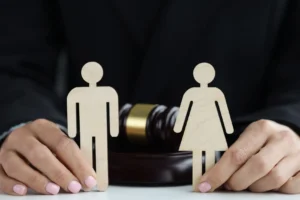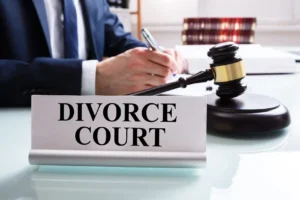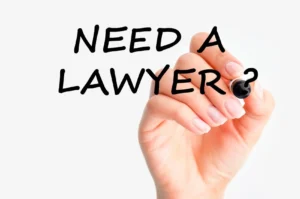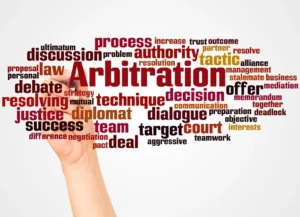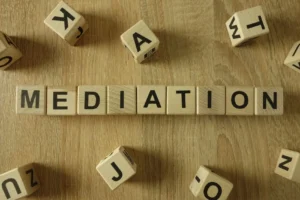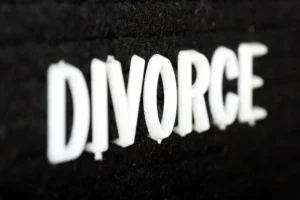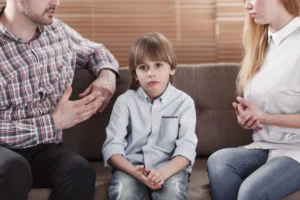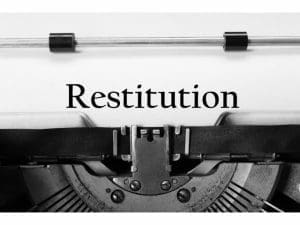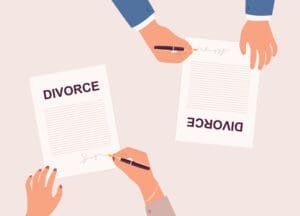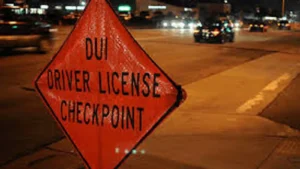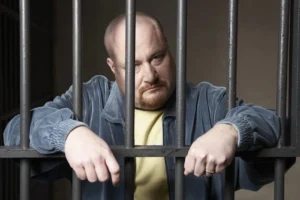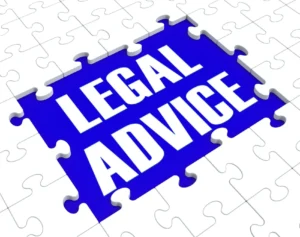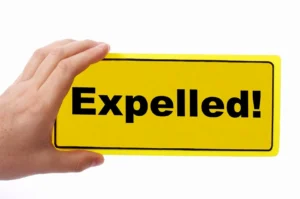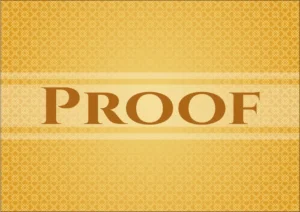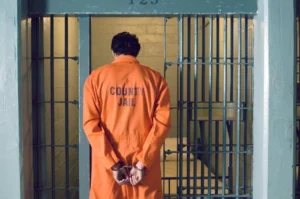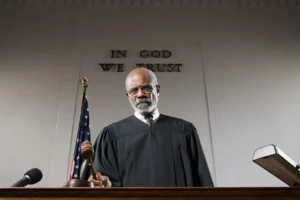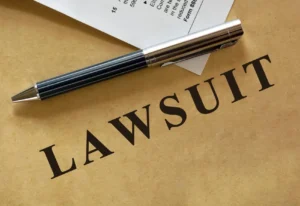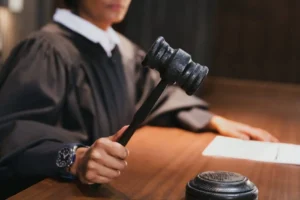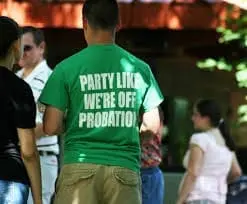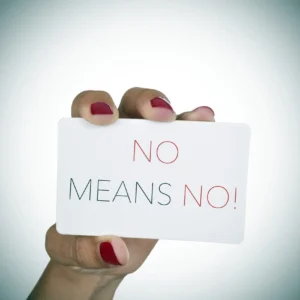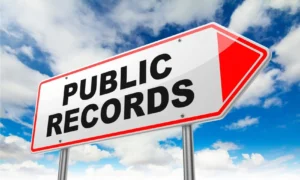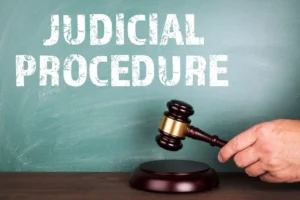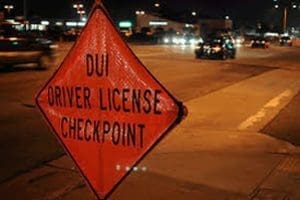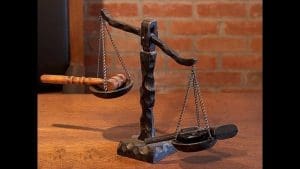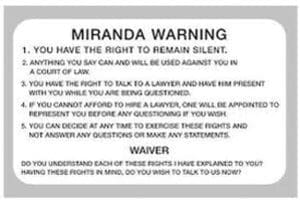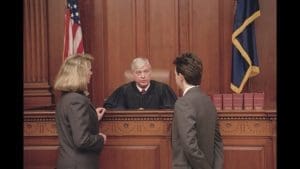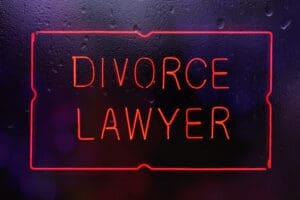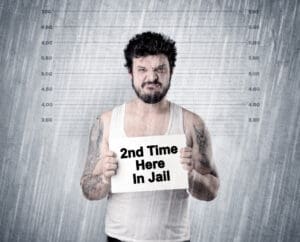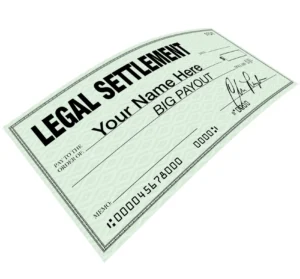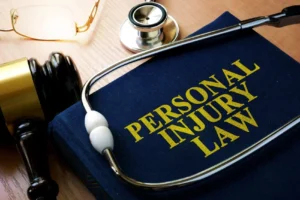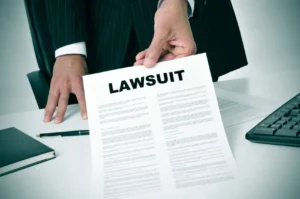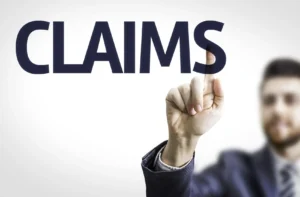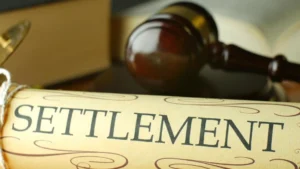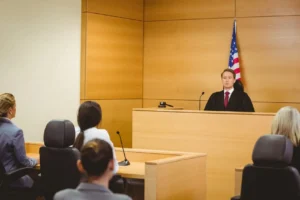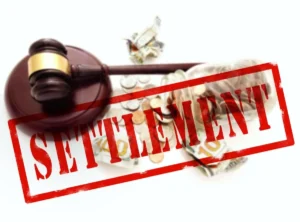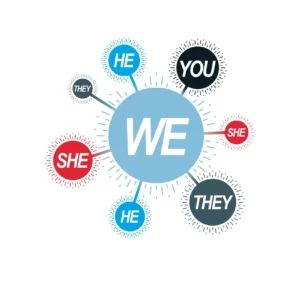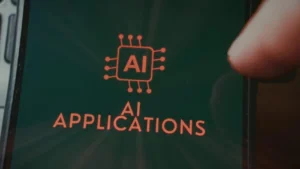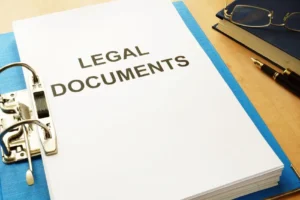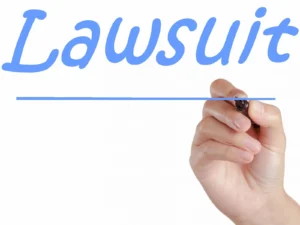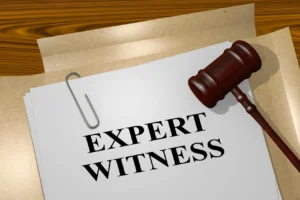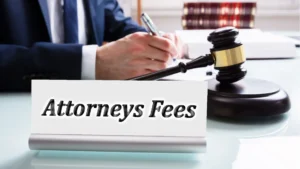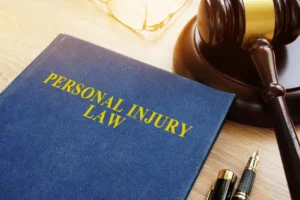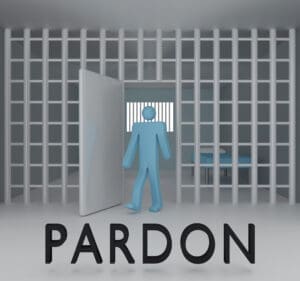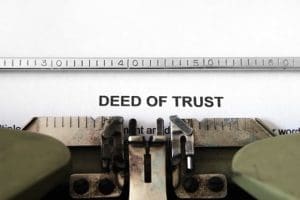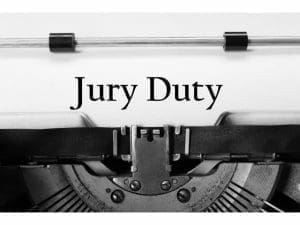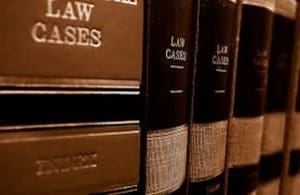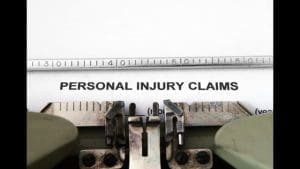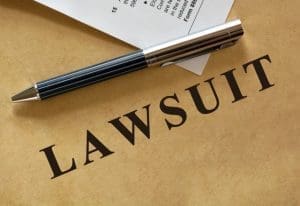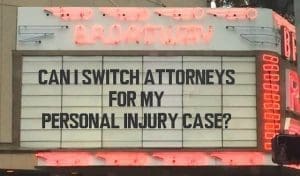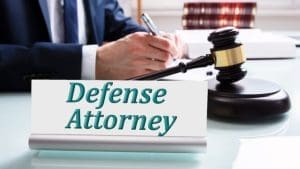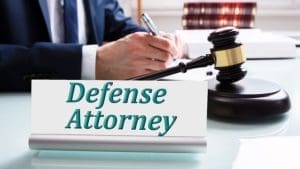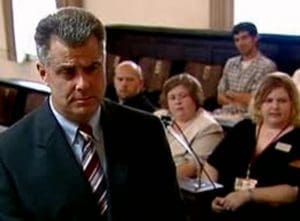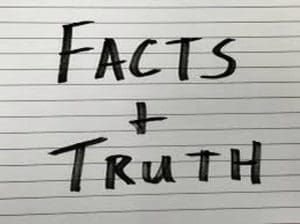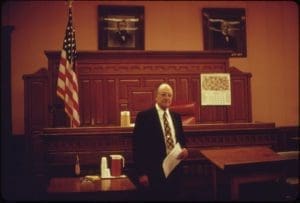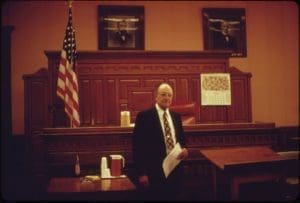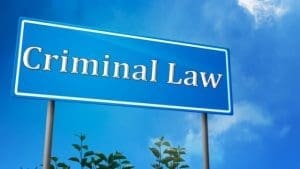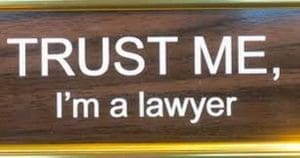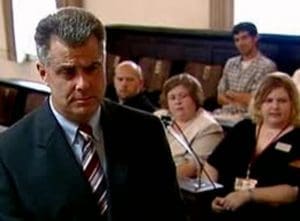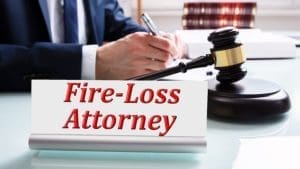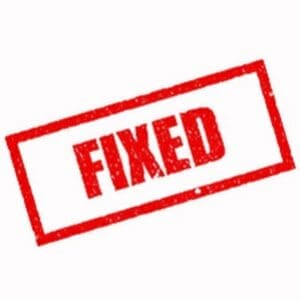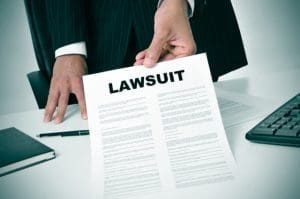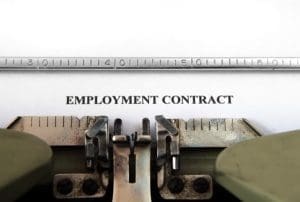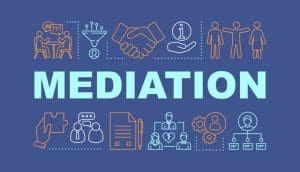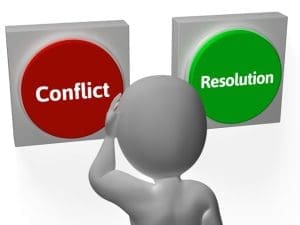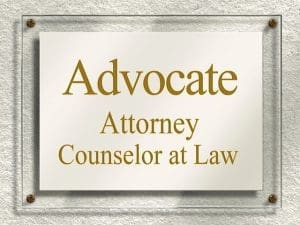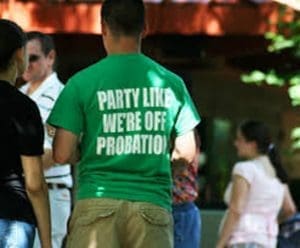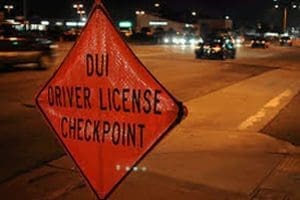Why Is Having a Trust Better Than No Planning?
Video Transcript
Ray Hrdlicka – Host – Attorneys.Media
Hi, this is Ray Hrdlicka with Attorneys.Media Legal Commentary, and today we have Andrew Dósa, an estate planning attorney in Tacoma, Washington, who’s going to talk to us about a very important aspect of life, and that’s estate planning, of course.
There are a couple of—well, let me back up a second, Andrew. The boomers are at the tail end of their work life right now. And there’s been a great deal of news about retirement, about obviously these boomers and the next generation coming into play, the transfer of wealth to their, obviously, siblings or the children, et cetera, etcetera, whoever they want to give it to.
There are a couple of wild statistics that really struck me when I did some research to this. The first is that 95% of the affluent investors—and in today’s world, affluent is not that much money—either do not have a wealth transfer plan, or it was made so long ago, it needs to be dramatically revised.
The second part of that was that three in ten affluent investors, 30%, don’t even have a will or a trust at all. Now, as an estate planning attorney, I want you to talk about that and what happens if they don’t have something to pass along to the next generation.
I mean, it’s kind of unheard of. So please take the reins here.
Andrew Dósa – Estate Planning Attorney – Tacoma WA and Oakland, CA
Right. Well, the easy answer is, Ray, that everybody has a will. What you and I don’t think about very often is that it’s the government that’s come up with that will for us. So you have two options. You can either choose your own estate plan where you plan out and manage that money and then just transfer it and distribute it to the people that are key to you, and you pick the representatives for you.
Or if you don’t, then you can rely on the state—whether it’s California, Washington, wherever you may reside. And each state will have a distribution plan. And I can just guess this, that every state will have an estate plan that looks really pretty close to your family tree.
It’s called—they’re trying to find your family. And so the usual approach is: if you die, your estate will go to your wife or husband, if you have a spouse. If you don’t have a spouse and you don’t have children, then it goes to your parents. If you don’t have parents, then it goes out to your siblings. If you don’t have a sibling that survived, but you have other siblings, well, the children of that sibling—your nieces and nephews—will receive. And obviously, if you have children, it goes to your children before anyone else. Then if you had any children that passed away, then their children would receive. So that’s the normal scenario.
You look at a family tree and the most logical is it either goes up, sideways, or out or down. But doesn’t that—But the benefit that everyone, yeah, go ahead.
Ray Hrdlicka – Host – Attorneys.Media
Doesn’t that cause all sorts of arguments, animosity, litigation, if you let the government do it though?
Andrew Dósa – Estate Planning Attorney – Tacoma WA and Oakland, CA
The easy answer is there will be a probate proceeding, and that’s not a terrible thing. It’s not necessarily going to be antagonistic. It is a procedure created by each state, and there’s a judge that will oversee the proceedings, and then there will be a ruling at the end that the distribution would be according to the plan that’s set up by the state. It is a legal proceeding, so it is a lawsuit in that sense, but it doesn’t necessarily have to be antagonistic.
And the other thing is it’s pretty straightforward. If you had five kids and they all hated each other and five of them hated you, you’re still gonna give to them equally when you pass away if you don’t have your will. So in that sense, how can they complain that they’re gonna get as much as everybody else, will their other siblings?
Ray Hrdlicka – Host – Attorneys.Media
I was going to say, what’s the difference in let the state do it through probate or do it yourself? That’s where I want to ask.
Andrew Dósa – Estate Planning Attorney – Tacoma WA and Oakland, CA
Yeah, all right. So if you do it yourself and you avoid probate, then you save the expenses of a probate action. First off, if you have probate, then the state laws will permit a fee for the attorney who represents the petitioner. There will be a fee for the petitioner as well. It’s all established by statute and it comes out of the estate before anyone else gets it. And then you have the delay of the process. It just depends really on how busy your courts are.
As you may know, I also am licensed in California. And the usual procedure is nine months is about as fast as you can turn around one of those probate actions. But it’s more likely to be a year or two—15 months, 16 months, 18 months, and even longer if there’s a fight. But in most states, it’s going to be some delay.
So you’ve got already: one, a legal proceeding; two, you’ve got expenses that you could avoid; three, you’ve got a huge delay; and four, all of your financial affairs are known to the public. They’re made available to the public. The petitioner is going to identify all your assets, and then also all your debts. So if you had lived poorly and had accrued a lot of debt, then everybody would know that if they wanted to.
It’s not necessarily important if you’re passed away and you don’t really care what anyone thinks if you’re gone. But there’s just not any benefit that I’ve ever seen to having all that information available. So if you created a trust, or at a minimum a will, at least you would control how the distribution goes.
Let’s come back to that in a second though. Let’s talk about a trust really quickly. If you create a trust, then you will not guarantee, but you will give your best effort for your family members and those who are taking care of things for you after you pass away to have as little an inconvenience in the process as possible. There’s minimized expense and there’s a shorter timeline between when you passed away and when the distribution plan can be in place.
The other nice thing is if you are not close to your family members, if you’re not close to your parents, if you’re not close to your siblings, if you’re not close to your children, or your children are not doing well and you don’t want them to receive, or you want them to receive less, then you can create that distribution plan and exactly who receives and exactly what they do receive.
If you had family and friends, if you had a friend—a lifelong friend—and you had a common bond together, and I’ll use this silly example. Let’s suppose that you had a friend and you were baseball players in Little League and you collected baseball cards. Well, I’m sure that your children probably don’t care too much about baseball cards and nobody really does, but your friend might be blessed by them.
So you could create a will or your trust and give this friend those particular personal property items that would mean a lot to them. It may not mean anything to anybody else.
Ray Hrdlicka – Host – Attorneys.Media
And you couldn’t do it any other way. One of the scenarios that I recognize in my research here was that the assets would—in a trust or a will, or I think it’s only in a trust, but please correct me—can be held and given to the beneficiaries at some time later when they matured or got older or, you know, achieve some sort of milestone, versus going right through probate where they would get it right away. Am I correct?
Andrew Dósa – Estate Planning Attorney – Tacoma WA and Oakland, CA
That is correct. So let me give you an example. I have a client who had three sons. The eldest son was a lot like he was. He was a very successful stockbroker and investment advisor, and he made about $7 to $8 to $9 million in returns, not counting the houses. So he had liquidity in that amount when he and his wife passed away. His firstborn son was just like him, and now I’m doing his trust. He has a good amount in his estate, but the middle son did real well. He was an artist. He just never made much money, but he was good and responsible with his financial affairs. He just didn’t have very much money.
And then the third son, for whatever reason, just seemed to always struggle having a job and didn’t ever seem to be terribly motivated. My client believed that he was not motivated because he just assumed mom and dad would provide for him—a few million dollars. So let’s suppose they had a $10 million estate and he thought he just assumed he would get three and a half, three and a third million dollars and wouldn’t have to ever work. The father just always was disturbed by that.
So he created a trust where the first and the second son would each receive outright, and the third son would have a small monthly stipend so he would be taken care of, but he would never receive a substantial amount of the money held in a trust for him unless he was working consistently. The son, the middle son who would oversee that trust, had the discretion to say no to the son and not give him money when he hadn’t been earning it and hadn’t been responsible, hadn’t been earning his own money and hadn’t been responsible.
So that’s what you can do to protect your child. All I could say is it would be a terrible thing if any child received a lump sum of money and didn’t know how to manage it and wasted it in a matter of a few months. And we all have heard stories—horror stories where that has happened. So a trust allows you the freedom to both create a trust and then a trust inside that trust to provide for nieces, nephews, children, or anyone who you’d want to have some consistent income, but you would never want to have the full amount of the share that you’d intend for them.
Ray Hrdlicka – Host – Attorneys.Media
Well, that makes a ton of sense. Thank you for explaining that to us. We appreciate your time and we’ll have you back on again.
Andrew Dósa – Estate Planning Attorney – Tacoma WA and Oakland, CA
All right, let’s do that. Although, let me just answer one of the questions which had to do with why are so many people who have wealth not doing an estate plan? And it’s not always the affluent that are not doing it, it’s most people. The statistics I hear suggest that no more than 30% of the population has a reasonably decent estate plan for them. And so why is it that? Well, I can tell you there are some people that just are really uncomfortable about the idea of dying. I know some people that just are persistent procrastinators. I know some people are just simply passive about it. They just want to avoid it. It’s just more convenient for them not to. And so there are just unfortunate reasons for people not doing that.
And ultimately, I can tell you this as an estate planner: Most of the time, clients come into my office and they’re not frowning. They’re actually smiling because they’re so relieved to be there. And I can assure you that I do not have an estate planning client that was frowning when he left my office after he’d finished it. Every client I’ve ever had has been delighted that they finished it, both relieved and grateful that they forced themselves or pressed themselves to do what was really the best thing for themselves and their family.
So why? I can’t really say, but is there anyone who would benefit by not having a trust? And I think that is a really unusual scenario where anyone could possibly be benefited by. I think no one really does benefit by not having their own designed estate plan.
Ray Hrdlicka – Host – Attorneys.Media
No, it makes a lot of sense—a lot of sense. It really does. Well, thank you very much. We’ll have you back.
Andrew Dósa – Estate Planning Attorney – Tacoma WA and Oakland, CA
All right. Thank you, Ray. It’s a pleasure being with you.
Andrew Dósa – Estate Planning Attorney – Tacoma WA and Oakland, CA


















